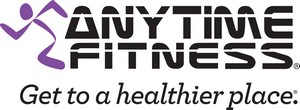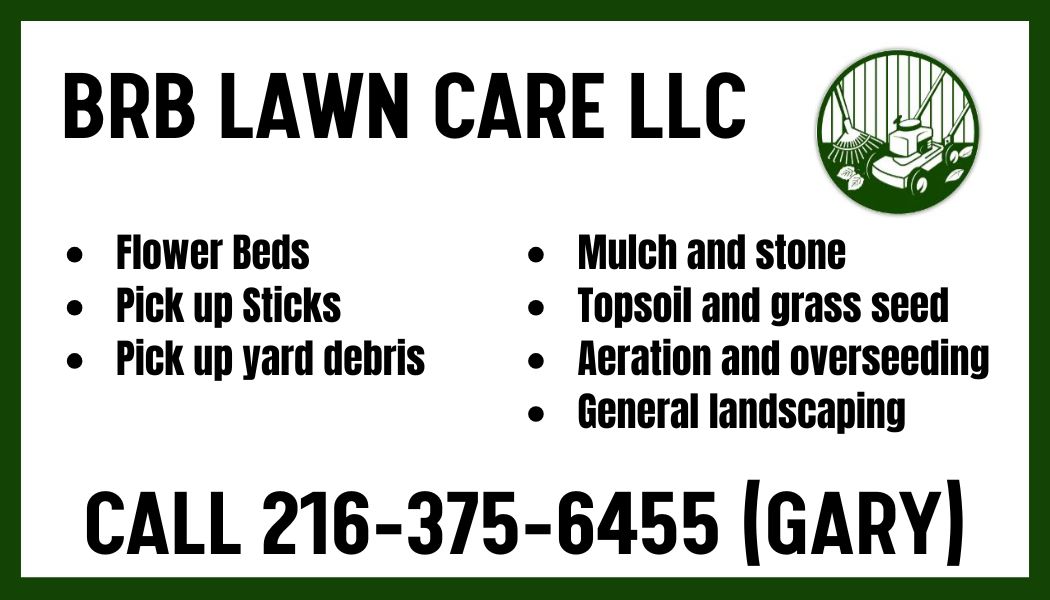If you experience a personal injury, your life will change, especially regarding your finances. When you’re unable to work and medical bills start to pile up, you may need to pinch pennies and find alternate means of income. As for the latter, you can seek several kinds of funding while pursuing a lawsuit or awaiting a settlement without seeking a bank loan. Here are several ways to pay bills while you pursue a personal injury lawsuit.
Medical Liens
Some doctors and healthcare facilities will take care of your current medical needs by treating you on a lien. This means that they will provide care and then bill you after you settle the case. Your attorney or financial institution can often connect you with doctors and healthcare providers willing to work on liens. After finalizing the case, they recover what you owe from the final settlement. Many facilities can negotiate a medical lien, so ensure you have a fair and equitable agreement with your attorney before signing an agreement.
Pre-Settlement Funding
One of the ways to pay bills while you pursue a personal injury lawsuit is pre-settlement funding. Pre-settlement funding isn’t a loan; rather, it’s a cash advance on the final settlement of your case. You’re borrowing the money you’re pursuing to pay for your medical bills, but you can pay for those bills and other living expenses in the meantime. The financial company will only lend you the money if they feel you can win your case, and experience tells them which cases are winnable. If you lose the case, you don’t have to pay the company back. However, if you win, you pay the amount lent plus a small amount of interest. Ask your attorney about pre-settlement funding and if it’s right for you.
Social Security Disability
Not everyone qualifies for Social Security disability benefits, but it’s worth looking into. You must have held a job covered by Social Security and have paid into the program for several years. Next, you need to have a disability that meets their definition of disability. You must be unable to work for at least a year, and your disability must be severe, as they see it. It’s not a huge amount of money, but you will receive a fixed amount every month if you qualify.
Rethink Employment
If you’re unable to work at the office or facility because of your injury, explore options for working at home. Can you create a setup that allows you to read, write, report to your supervisors, and meet by teleconference or telephone? Can you enter a freelance situation where you write, edit, design, or do similar work without leaving the house? Fortune favors the prepared, so prepare to pursue a new low-impact career at home.





















